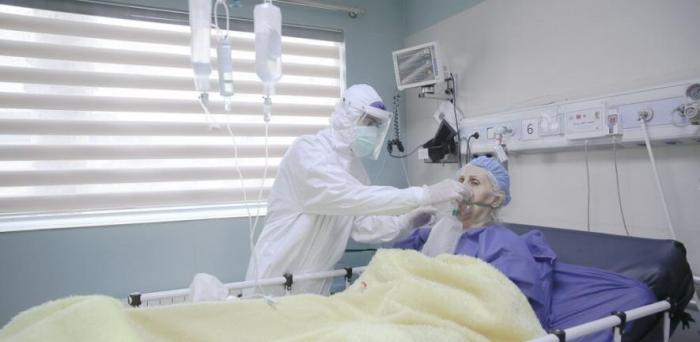The research was sparked by the pandemic and set out to build an AI tool to predict how much extra oxygen a COVID-19 patient may need in the first days of hospital care, using data from across four continents.
The technique, known as federated learning, used an algorithm to analyse chest x-rays and electronic health data from hospital patients with COVID-19 symptoms.
To maintain strict patient confidentiality, the patient data was fully anonymised and an algorithm was sent to each hospital so no data was shared or left its location.
Once the algorithm had ‘learned’ from the data, the analysis was brought together to build an AI tool which could predict the oxygen needs of hospital COVID-19 patients anywhere in the world.
Published in Nature Medicine, the study dubbed EXAM (for EMR CXR AI Model), is one of the largest, most diverse clinical federated learning studies to date.
To check the accuracy of EXAM, it was tested out in a number of hospitals across five continents, including Addenbrooke’s Hospital. The results showed it predicted the oxygen needed within 24 hours of a patient’s arrival in the emergency department, with a sensitivity of 95 per cent and a specificity of over 88 per cent.
Image: A clinician helping a COVID-19 patient with an oxygen mask in a hospital in Iran
Credit: Mehrnews.com
Reproduced courtesy of the University of Cambridge
